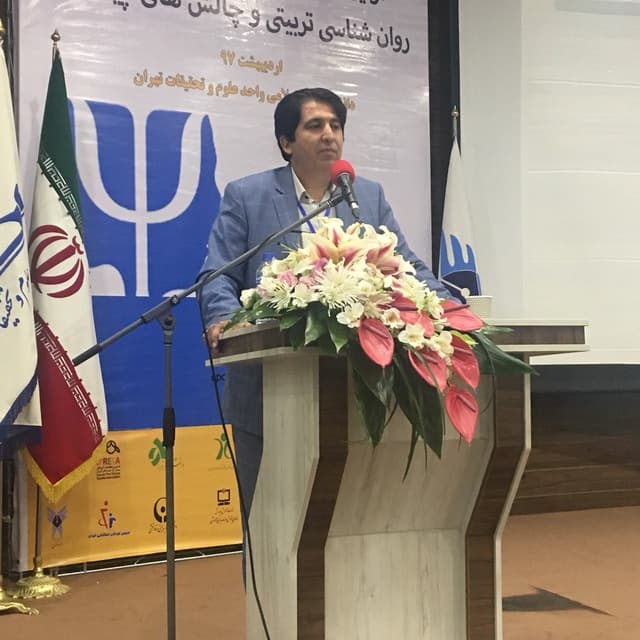The Effect of Family-Oriented Cognitive Rehabilitation Program on Attention and Emotion Regulation of Children with ADHD
Keywords:
cognitive rehabilitation, cognitive control, attention, emotion regulation, attention deficit disorder and hyperactivityAbstract
Background and Purpose: Attention and emotion regulation issues are considered among the major problems of children with attention deficit/hyperactivity disorder (ADHD). The present study was conducted with the aim of investigating the effect of family-oriented cognitive rehabilitation program on attention and emotion regulation of children with Attention Deficit/Hyperactivity Disorder (ADHD). Method: The current research is a semi-experimental study. The statistical population includes all children aged 8-12 with combined ADHD currently living in Sanandaj city, of which 40 children were randomly placed in two groups (20 each) based on convenience sampling. Initially, the participants completed the Digit Span Test and Shields and Cicchetti’s Emotion Regulation Checklist (1997). Having gone through cognitive rehabilitation training for the intervention group, the two groups were reevaluated and the obtained results were analyzed by SPSS26 software through covariance analysis method. Results: The results showed that the family-oriented cognitive rehabilitation program improved the attention and emotional regulation of children with ADHD at a significant level (P<0.05). Conclusion: Based on the results, it is concluded that the family-oriented cognitive rehabilitation program can be employed for children with ADHD in the fields of attention and emotion regulation
Downloads
Downloads
Published
Submitted
Revised
Accepted
Issue
Section
License
Copyright (c) 2022 Abdollah Jafari, peyman hassani abharian, hadi parhon (Author)

This work is licensed under a Creative Commons Attribution-NonCommercial 4.0 International License.













